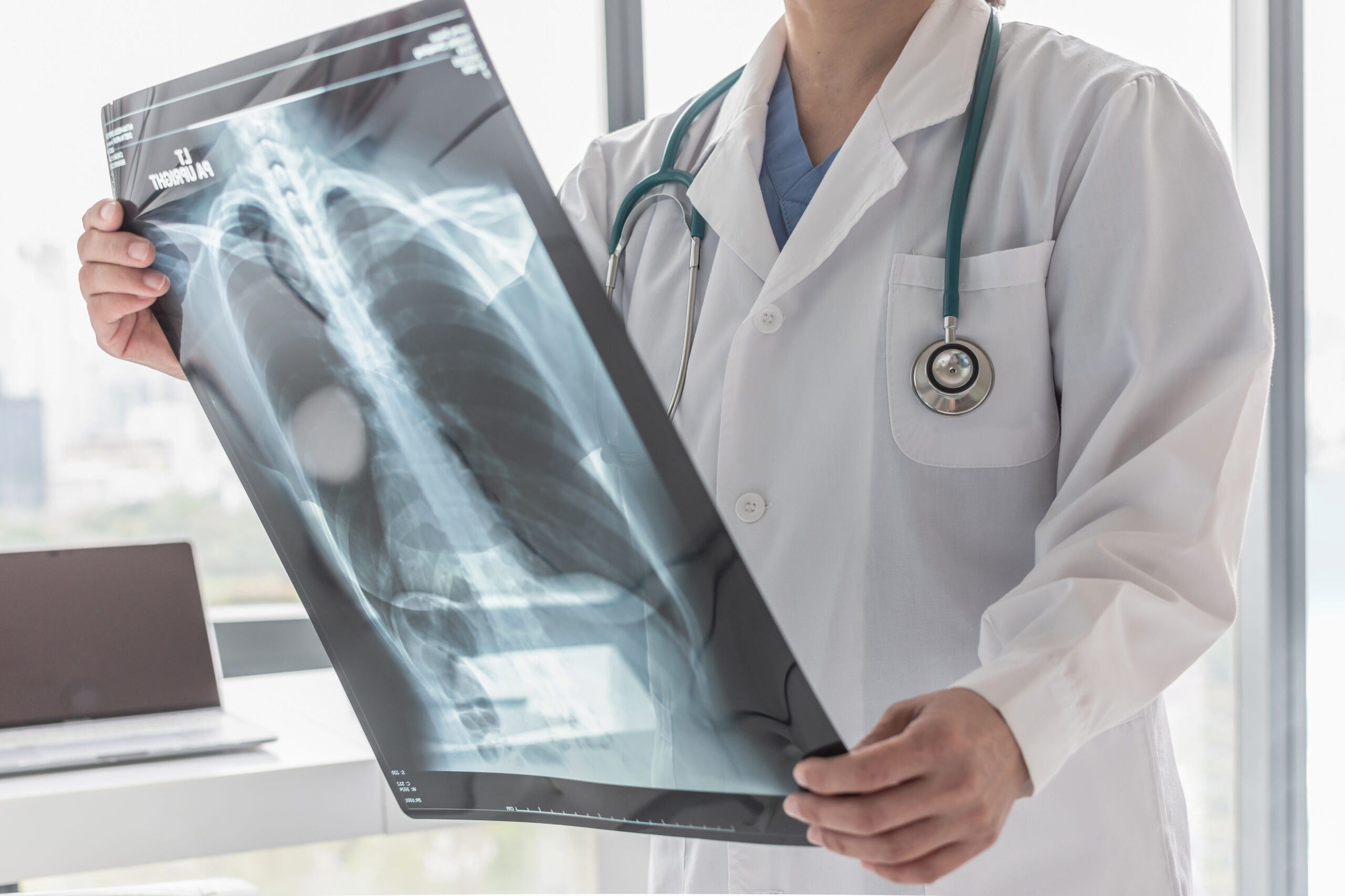Everything You Need To Know About Cervical Herniated Disc Injuries
Paul Brannon | May 5, 2025 | Personal Injury

A cervical herniated disc can cause debilitating pain and numbness in the neck and arms. These injuries often occur after a traumatic event like a car accident, fall, or sports impact that forces the neck to move abruptly. Understanding what a cervical herniated disc is (and what to do if you have one) can help you take the right steps toward recovery.
What Is a Cervical Herniated Disc?
The cervical spine includes the seven vertebrae in your neck, which are labeled C1 through C7. Between each of these vertebrae are cushion-like discs made of a soft center (the nucleus pulposus) and a harder outer shell (the annulus fibrosus). These discs help absorb shocks and allow you to move comfortably.
A herniated disc occurs when the nucleus pulposus pushes through a tear in the annulus fibrosus. If the disk material presses on a nearby nerve root, it may trigger a range of symptoms, depending on the location of the herniation.
Common Symptoms of Cervical Disc Herniation
Symptoms of a cervical herniated disc can vary in severity. These symptoms might be felt in the neck, shoulders, arms, or hands. Some individuals experience discomfort immediately, while others may notice the symptoms developing over time.
Watch for the following:
- Neck pain that worsens with movement
- Pain that radiates down to the shoulders or arms
- Numbness or tingling in the hands or fingers
- Muscle weakness
- Loss of coordination or difficulty with gripping
In more severe cases, the compression of the spinal nerves can interfere with the ability to walk or even cause a loss of bladder or bowel control.
What Causes These Injuries?
Cervical herniated discs can result from acute trauma or from gradual wear and tear.
These are some of the most common causes:
- Car accidents
- Falls
- Repetitive motions
- Improper lifting techniques
- Aging and disc degeneration
For example, a traffic collision can easily produce the kind of sudden force that leads to these injuries, as can a parasailing or boating accident alongside a Destin, FL, beach.
How Are Cervical Herniated Discs Diagnosed?
Diagnosis will start with a physical exam and a review of your symptoms. Your doctor may order an imaging test, such as an MRI, X-ray, or EMG, to confirm the presence and location of the herniated disc.
Timely diagnosis is important. Left untreated, a cervical herniated disc may cause permanent nerve damage.
Treatment Options for Cervical Disc Injuries
Most injuries to cervical discs respond well to non-surgical treatment. A full recovery could take weeks or months, depending on the severity and how the site responds to care.
Common non-surgical treatments include:
- Rest and activity modifications to avoid activity that triggers pain
- Medications like pain relievers and muscle relaxants
- Physical therapy to stretch and strengthen the injury site and restore movement
- Steroid injections to reduce inflammation and nerve irritation
In more severe cases, or when symptoms persist for longer than a few months, surgery may be considered. The most common procedure is anterior cervical discectomy and fusion (ACDF), where the damaged disc is removed and the spine is stabilized.
Long-Term Outlook and Prevention
The outlook for a cervical herniated disc is generally positive. Most people improve and resume normal activities within months. However, repeat injuries or inadequate healing can lead to chronic issues.
To reduce the likelihood of future disc injuries:
- Practice proper posture when sitting, working, or sleeping
- Use safe lifting techniques
- Maintain core and neck strength with regular exercise
- Wear a seat belt to reduce whiplash risk
- Avoid smoking, which can weaken spinal structures
A cervical herniated disc can be painful, but with early intervention and a good treatment plan, most people recover fully. Knowing the symptoms, causes, and treatment options can help prevent complications.
Contact Our Personal Injury Law Firm in Northwest Florida
If you need legal assistance, contact the Fort Walton Beach personal injury lawyers at Brannon & Brannon Car Accident & Personal Injury Lawyers at your nearest location to schedule a free consultation today.
We have two convenient locations in Northwest Florida:
Brannon & Brannon Car Accident & Personal Injury Lawyers – Fort Walton Beach Office
975 Mar Walt Dr
Fort Walton Beach, FL 32547
(850) 863-5297
Brannon & Brannon Car Accident & Personal Injury Lawyers – Destin Office
4507 Furling Ln Suite 214
Destin, FL 32541
(850) 790-0243
